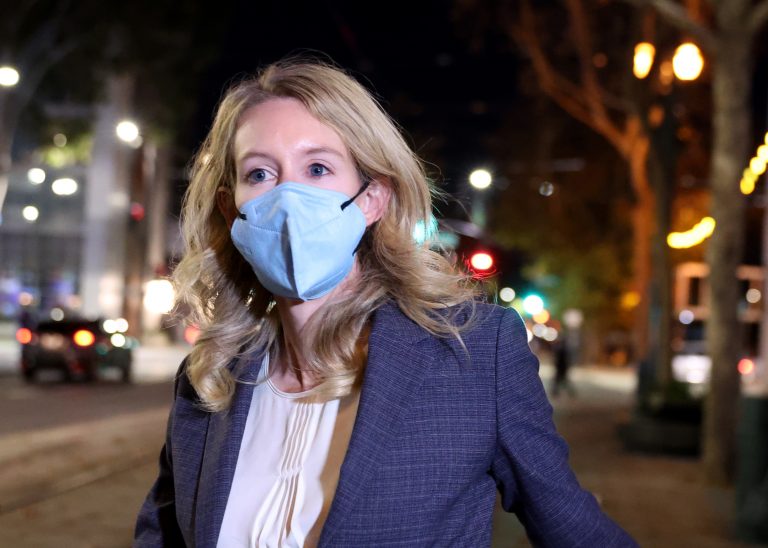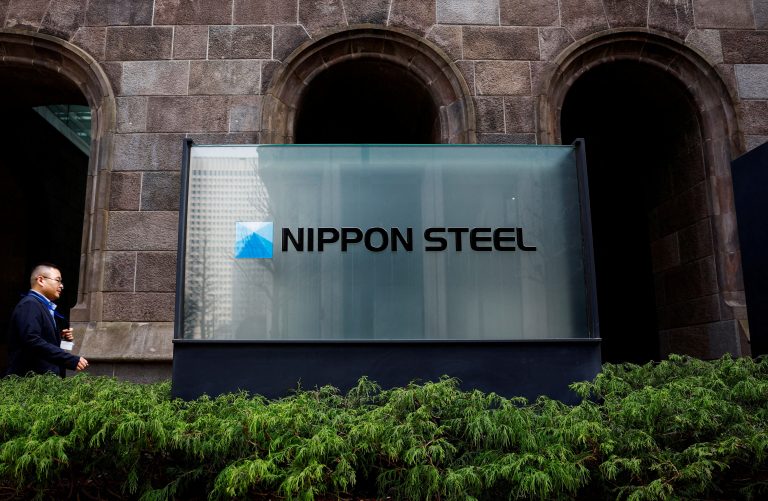A jury in California has found Theranos founder Elizabeth Holmes guilty of covering up lies aimed at defrauding investors of millions of dollars. The 37-year-old, who was once likened to tech legend Steve Jobs, was charged with two counts of conspiracy to commit wire fraud and nine counts of wire fraud.
The jury found her guilty of three counts of wire fraud and one count of conspiracy to commit wire fraud against investors, with each count carrying a potential prison sentence of up to 20 years. Holmes was declared not guilty on three counts of wire fraud and one count of conspiracy to commit wire fraud against patients. The jury could not decide a verdict on three counts of wire fraud. One count ended up getting dropped.
The events leading to the case began in 2003 when the college dropout started working on a technology she portrayed will be able to use a few drops of blood to identify hundreds of health problems plaguing an individual. Holmes proposed a small device named “Edison” that would be used across stores like Safeway and Walgreens in the United States.
Her ideas attracted massive investor interest and Holmes succeeded in raising over $900 million for her venture, Theranos. Big names like software tycoon Larry Ellison and media mogul Rupert Murdoch invested in the venture.
However, what Holmes kept a secret from investors was that the technology created by Theranos did not produce accurate results. Holmes also lied about deals Theranos apparently entered into with the U.S. military and big pharma companies like Pfizer.
Success
You are now signed up for our newsletter
Success
Check your email to complete sign up
In 2015, the Wall Street Journal published a series of articles that exposed Theranos’ scam. A government regulatory audit was later conducted which confirmed that the company’s technology was seriously flawed.
During the case, assistant U.S. Attorney Jeffrey Schenk told the jury that Holmes “chose fraud over business failure. She chose to be dishonest with her investors and patients. That choice was not only callous, it was criminal.”
In contrast, Holmes’ defense constantly argued that she was a misunderstood woman who was honest about her intentions. In her defense, Holmes argued that she never knowingly defrauded investors. “This work was done in partnership with those companies and I was trying to convey that… I wish I had done it differently,” Holmes told the jury.
Holmes’ defense also tried to pin the blame of the Theranos scandal on her former boyfriend Ramesh Balwani who used to be a top executive at the company. She even accused Balwani of having abused her. However, prosecutors asked the jury to dismiss such claims.
Holmes also blamed Balwani for letting her down as he was unable to fix some of the problems the company was facing. Balwani has strongly denied all allegations leveled against him. He is expected to go on trial next month.
After the court announced the charges, U.S. Attorney Stephanie Hinds thanked the jurors for the decision. She pointed out that the jurors navigated a “complex case” for more than 15 weeks to arrive at the conclusion.
“The guilty verdicts, in this case, reflect Ms. Holmes’ culpability in this large-scale investor fraud and she must now face sentencing for her crimes,” Hinds said in a statement.
After founding Theranos, Forbes had called Holmes the world’s youngest self-made female billionaire. Time magazine ranked her in the list of most influential individuals in 2015. Theranos shut down in 2018 after the fraud came to light.















